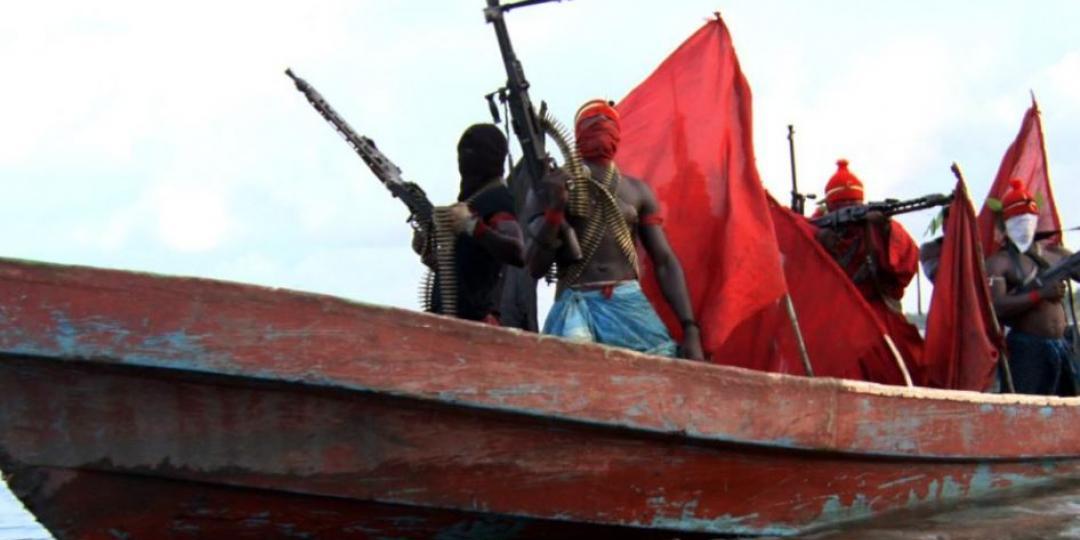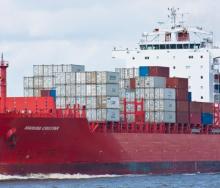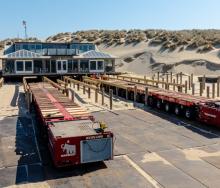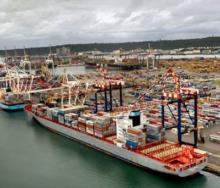The recent violent incident of piracy on the Turkish-owned container vessel MV Mozart, in which one seafarer was killed and 15 kidnapped, has reignited calls for an immediate response to prevent future attacks.
It’s been all talk and no action for many years, according to the International Transport Workers’ Federation (ITF).
In June 2019, the ITF, the Baltic and International Maritime Council (Bimco), International Chamber of Shipping (ICS) and Oil Companies International Marine Forum (OCIMF) held a Symposium on Piracy in the Gulf of Guinea at the headquarters of the International Maritime Organization (IMO).
The organisers invited a seafarer, who had been held captive for more than three weeks, to detail first-hand the dangers to seafarers and the terrifying experience that he and the crew had undergone.
He explained the sophistication of the attack as well as the anxiety and apprehension that crew onboard had experienced when entering and passing through the Gulf of Guinea.
Eighteen months later little appears to have changed.
“Governments must take immediate action to prevent more seafarers being murdered in the Gulf of Guinea,” said David Heindel, ITF seafarers’ section chair.
Regional governments had committed to better coordination of naval enforcement activities in Abuja, Nigeria in 2019, but ITF seafarers’ section coordinator Fabrizio Barcellona said the governments had failed to protect seafarers from armed pirates, arms dealers and drug smugglers.
“The severity of this latest attack must now drive robust action from governments to protect seafarers and the movement of trade around West Africa. They need to make good on their commitments to deter pirates with a strong naval and coastguard presence,” said Barcellona.
“Without immediate action, more seafarers risk being shot and killed. The Gulf of Guinea is becoming a ‘bay of blood’,” he said.













